Table of Contents
- Introduction
- Benefits of Healthy Eating for Athletes
- Building a Nutritious Athlete's Diet
- The Role of Hydration
- Supplements for Optimal Performance
- Meal Prepping and Planning
- Challenges and Solutions
Introduction
Athletes around the world recognize the importance of maintaining a healthy diet to maximize their performance on and off the field. This article dives into the reasons why athletes prioritize healthy eating habits, the benefits they reap from it, and the various challenges they face along the way.
Benefits of Healthy Eating for Athletes
By consuming a well-balanced diet, athletes experience several advantages. This section discusses the benefits such as improved energy levels, enhanced recovery, boosted immunity, and increased endurance, among others.
Eating a nutritious and well-balanced diet is essential for athletes to perform at their best. Here are some key benefits of healthy eating for athletes:
1. Enhanced Performance
When athletes eat a diet rich in whole foods such as fruits, vegetables, lean proteins, and whole grains, they provide their bodies with the necessary fuel to perform at peak levels. A balanced diet provides the energy and nutrients required for optimal physical and mental performance during training sessions and competitions.
2. Improved Recovery
Healthy eating plays a crucial role in the recovery process for athletes. Consuming the right combination of nutrients helps repair muscle tissues, replenish glycogen stores, and reduce inflammation. A diet consisting of sufficient proteins, carbohydrates, and healthy fats aids in the recovery and reduces the risk of injuries.
3. Enhanced Immune System
Athletes are more susceptible to illnesses due to intense training schedules and high physical demands. A diet packed with essential vitamins, minerals, and antioxidants strengthens the immune system, helping athletes stay healthy and minimize the risk of infections.
4. Increased Endurance
Healthy eating directly impacts an athlete's endurance levels. A well-balanced diet ensures optimal glycogen storage in the muscles, providing a sustained source of energy during prolonged exercise or competitive events. Adequate intake of carbohydrates, particularly complex carbohydrates, is vital for maximizing endurance.
5. Weight Management
Maintaining a healthy body weight is crucial for athletes to achieve their optimal performance. A diet consisting of nutrient-dense foods helps regulate body weight, ensuring athletes can efficiently carry out their athletic activities without being hindered by excessive weight or fatigue.
6. Overall Health and Well-being
Healthy eating is not only important for athletic performance but also for overall health and well-being. Consuming a variety of nutritious foods promotes a strong cardiovascular system, lowers the risk of chronic diseases, improves mental clarity, and enhances overall quality of life.
In conclusion, athletes who prioritize healthy eating habits can experience numerous benefits, including enhanced performance, improved recovery, increased endurance, weight management, and overall better health. By nourishing their bodies with the right nutrients, athletes can excel in their chosen sport and lead a healthy, fulfilling life.
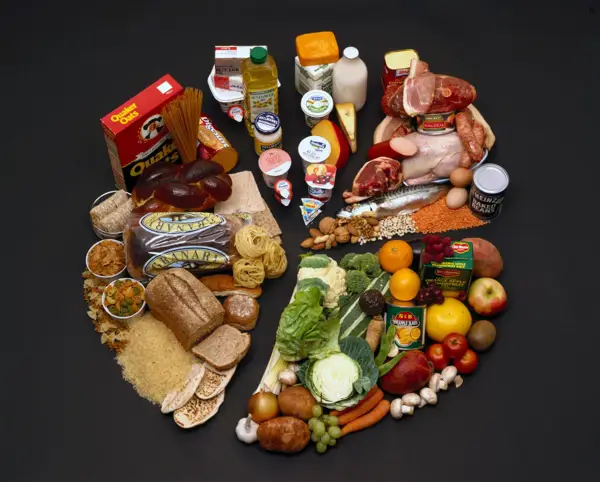
Building a Nutritious Athlete's Diet
Creating a nutritious diet plan tailored to an athlete's specific needs is essential. Here, we explore the key macronutrients, vitamins, and minerals required for athletes to fuel their bodies optimally and achieve peak performance.
When it comes to maintaining peak performance, athletes need to prioritize their diet and focus on consuming nutrient-rich foods. A healthy eating plan can provide them with the necessary fuel, enhance recovery, and optimize their athletic performance.
The Key Components
Here are the essential elements to include in an athlete's diet:
- Protein: Proteins are the building blocks of muscles and aid in muscle repair and growth. Athletes should incorporate lean sources of protein, such as chicken, fish, beans, and Greek yogurt, into their daily meals.
- Carbohydrates: Carbohydrates are the primary energy source for athletes. Including whole grains, fruits, and vegetables in the diet ensures a steady supply of energy throughout the day. Avoid refined and sugary carbs as they provide temporary energy spikes.
- Fats: Healthy fats, such as those found in avocados, nuts, and olive oil, are crucial for athletes. They support brain function, provide energy, and aid in nutrient absorption.
- Vitamins and Minerals: Adequate intake of vitamins and minerals is essential for overall health and performance. Athletes should consume a variety of fruits, vegetables, and whole foods to ensure they receive a wide range of nutrients.
- Hydration: Staying properly hydrated is vital for athletes. Water is the best choice, but electrolyte-rich drinks can also be beneficial during intense physical activity.
Timing and Portion Control
In addition to the right food choices, athletes should pay attention to the timing of their meals and portion sizes. Here are some guidelines:
- Eat a balanced meal with a combination of carbohydrates, proteins, and fats about 2-3 hours before exercising to ensure optimal energy levels.
- Have a snack, such as a piece of fruit or a small protein shake, 30-60 minutes before training or competition to top up energy levels.
- Recover with a post-workout meal or snack containing carbohydrates and proteins within 30 minutes after exercising to promote muscle repair and replenish energy stores.
- Consume smaller, frequent meals throughout the day rather than large infrequent ones to maintain steady energy levels.
Consult with a Nutritionist
Each athlete's dietary needs may vary based on their sport, training intensity, and individual requirements. It is recommended to consult with a registered nutritionist or dietitian to create a personalized and optimal meal plan.
Remember, fueling the body with the right nutrients is the foundation for athletic success. A nutritious athlete's diet not only enhances performance but also supports long-term health and wellbeing.
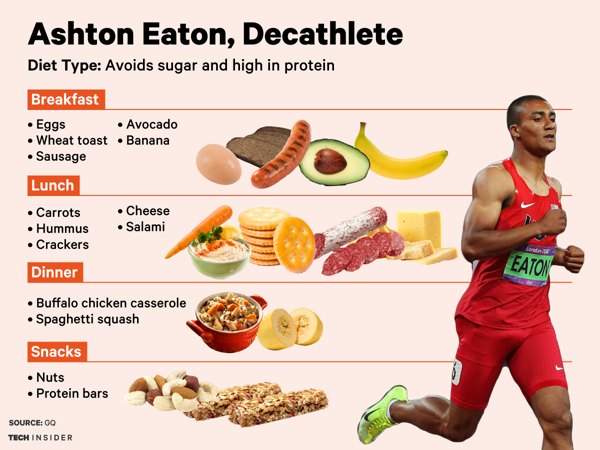
The Role of Hydration
Proper hydration is crucial for athletes as it affects their overall performance and prevents dehydration-related complications. This section emphasizes the significance of maintaining adequate fluid intake and provides hydration tips for athletes.
Proper hydration plays a vital role in an athlete's overall performance and maintaining a healthy diet. The importance of hydration cannot be underestimated, as it directly impacts an athlete's physical and mental well-being during training and competition.
Water is essential for regulating body temperature, transporting nutrients, lubricating joints, and removing waste products from the body. Athletes need to consume an adequate amount of water to replace the fluids lost through sweating during exercise.
In addition to water, electrolytes such as sodium, potassium, and magnesium are crucial for maintaining fluid balance in the body. Electrolytes help to replenish essential minerals lost through sweating and aid in proper muscle function.
Dehydration can lead to various negative effects on athletes, including reduced endurance, decreased strength, impaired cognitive function, and an increased risk of injuries. It is therefore important for athletes to regularly hydrate themselves before, during, and after physical activity.
Athletes should aim to drink enough fluids to maintain a light yellow or clear urine color. It is recommended to consume at least 8-10 cups (64-80 ounces) of water daily, depending on the individual's activity level and environmental conditions.
Furthermore, athletes should also be mindful of their overall diet and ensure they are consuming a balanced and nutritious meal plan. A healthy diet rich in fruits, vegetables, lean proteins, and whole grains provides the necessary vitamins, minerals, and energy for optimal performance.
In conclusion, proper hydration is essential for athletes to maintain a healthy diet and enhance their overall performance. By drinking enough fluids and replenishing electrolytes, athletes can prevent dehydration and optimize their physical and mental well-being during training and competition.

Supplements for Optimal Performance
In certain cases, athletes may consider incorporating dietary supplements to complement their nutritional needs and maximize their athletic potential. Learn about commonly used supplements and their potential benefits.
Proper nutrition plays a vital role in enhancing the performance of athletes. Alongside a healthy diet, certain supplements can further optimize their athletic abilities. Here are some key supplements that athletes can incorporate into their regimen:
1. Protein
Protein is essential for muscle repair and growth. Athletes should consume an adequate amount of protein to support their intense physical training. High-quality protein sources include lean meats, poultry, fish, dairy, and plant-based options like beans and lentils. Protein shakes and bars can also be convenient alternatives.
2. Creatine
Creatine is a naturally occurring compound that aids in improving muscle strength and power. It can be beneficial for high-intensity activities like weightlifting and sprinting. Athletes should follow the recommended dosage and consult with a healthcare professional before starting creatine supplementation.
3. Omega-3 Fatty Acids
Omega-3 fatty acids have anti-inflammatory properties and can promote cardiovascular health. Fish oil supplements are a common source of omega-3s. They can aid in reducing exercise-induced inflammation and supporting overall recovery.
4. Vitamin D
Vitamin D plays a crucial role in bone health and immune function. Athletes, especially those training indoors or in regions with limited sunlight, may have lower vitamin D levels. Supplementation can help maintain optimal levels and support muscle function.
5. Electrolytes
Electrolytes such as sodium, potassium, and magnesium are essential for maintaining proper hydration and preventing muscle cramps. Athletes can replenish electrolytes through sports drinks, electrolyte powders, or tablets.
It is important to note that supplements should never replace a well-balanced, nutrient-rich diet. Athletes must prioritize consuming whole foods and consult with a registered dietitian or sports nutritionist for personalized guidance.

Meal Prepping and Planning
Efficient meal prepping and planning help athletes stay consistent with their healthy eating habits, especially amidst their demanding schedules. Discover valuable tips and strategies to ensure proper nutrition even during busy times.
Proper nutrition plays a vital role in the overall performance and well-being of athletes. Meal prepping and planning can be key strategies to ensure athletes eat healthy and fuel their bodies with the right nutrients. Here are some important considerations for athletes when it comes to meal prepping and planning:
1. Balanced Meals
Athletes should focus on consuming balanced meals that include a variety of nutrients. This includes incorporating carbohydrates, proteins, healthy fats, vitamins, and minerals in appropriate proportions. By meal prepping, athletes can ensure that their meals contain the right balance of nutrients for optimal performance.
2. Portion Control
Portion control is crucial for athletes to maintain a healthy weight and provide their bodies with adequate energy. By planning and prepping meals in advance, athletes can control their portion sizes and avoid overeating, which can hinder performance.
3. Nutrient Timing
Athletes should consider the timing of their meals to optimize performance. This means consuming a pre-workout meal or snack to provide energy, and consuming a post-workout meal to aid in recovery and muscle repair. By planning meals in advance, athletes can ensure they have the right nutrients available at the right times.
4. Variety and Whole Foods
Athletes should aim for a variety of whole foods in their meals to ensure they obtain a wide range of essential nutrients. By prepping meals, athletes can experiment with different ingredients, flavors, and cooking methods to keep their meals interesting and enjoyable.
5. Convenience and Time-saving
Meal prepping can save athletes valuable time during busy training schedules. By preparing meals in advance, athletes can avoid relying on unhealthy convenience foods or making impulsive food choices when hungry or tired. It allows athletes to have healthy options readily available and reduces the chances of opting for unhealthy alternatives.
In conclusion, meal prepping and planning is an essential aspect of an athlete's diet to ensure they eat healthy and provide their bodies with the right fuel. By incorporating balanced meals, portion control, nutrient timing, variety, and convenience, athletes can optimize their performance and achieve their goals.
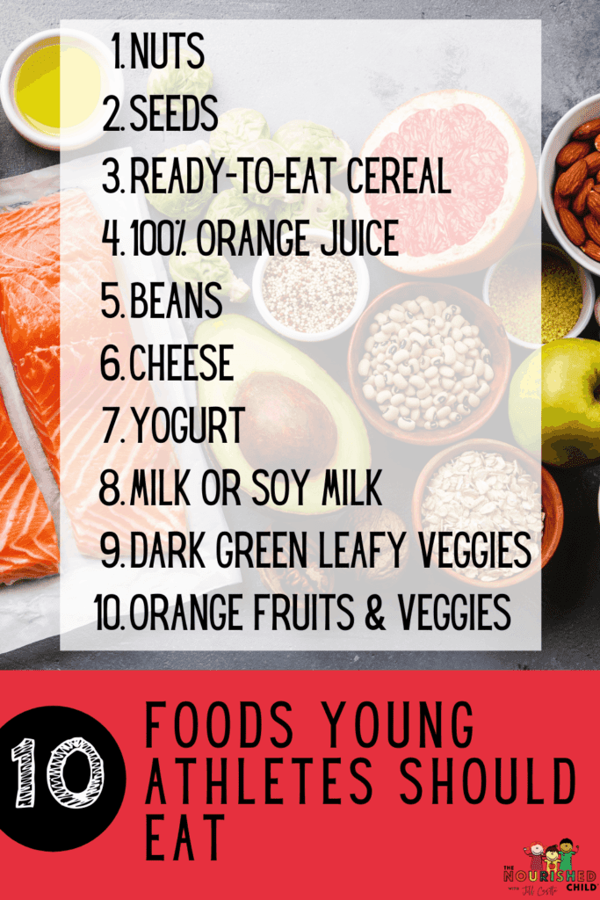
Challenges and Solutions
Despite the commitment to healthy eating, athletes encounter challenges such as traveling, limited food options, and temptations. This section offers practical solutions to overcome these obstacles while maintaining a well-balanced diet.
Challenges:
Athletes face various challenges when it comes to maintaining a healthy diet:
- Limited time: Athletes often have busy schedules with rigorous training sessions and competitions, leaving them with little time for meal planning and preparation.
- High-calorie demands: Due to their intense physical activity, athletes require a higher calorie intake. This can make it difficult to find healthy options that meet their energy needs.
- Travel and away games: Athletes frequently travel for tournaments or games, which can make it challenging to find nutritious meals on the go. Unhealthy food choices may be more readily available or convenient.
- Social pressure: Athletes may face social pressure to indulge in unhealthy food options or follow popular diets that may not align with their nutritional needs.
Solutions:
To overcome these challenges, athletes can implement the following solutions:
- Meal planning and preparation: Prioritize planning and preparing meals in advance to ensure a healthy diet. Utilize meal prepping techniques to save time during busy schedules.
- Consult with nutritionists: Seek guidance from certified sports nutritionists who can create customized meal plans to meet the athlete's energy requirements while promoting overall health.
- Carry healthy snacks: Always carry nutritious snacks, such as fruits, nuts, or protein bars, to prevent relying on unhealthy options when on the go.
- Educate teammates and coaches: Create awareness among teammates and coaches about the importance of healthy eating and encourage them to support and provide access to nutritious meals.
- Stay focused on personal goals: Remember the long-term benefits of eating healthy and resist social pressures or unhealthy food temptations that may hinder athletic performance.
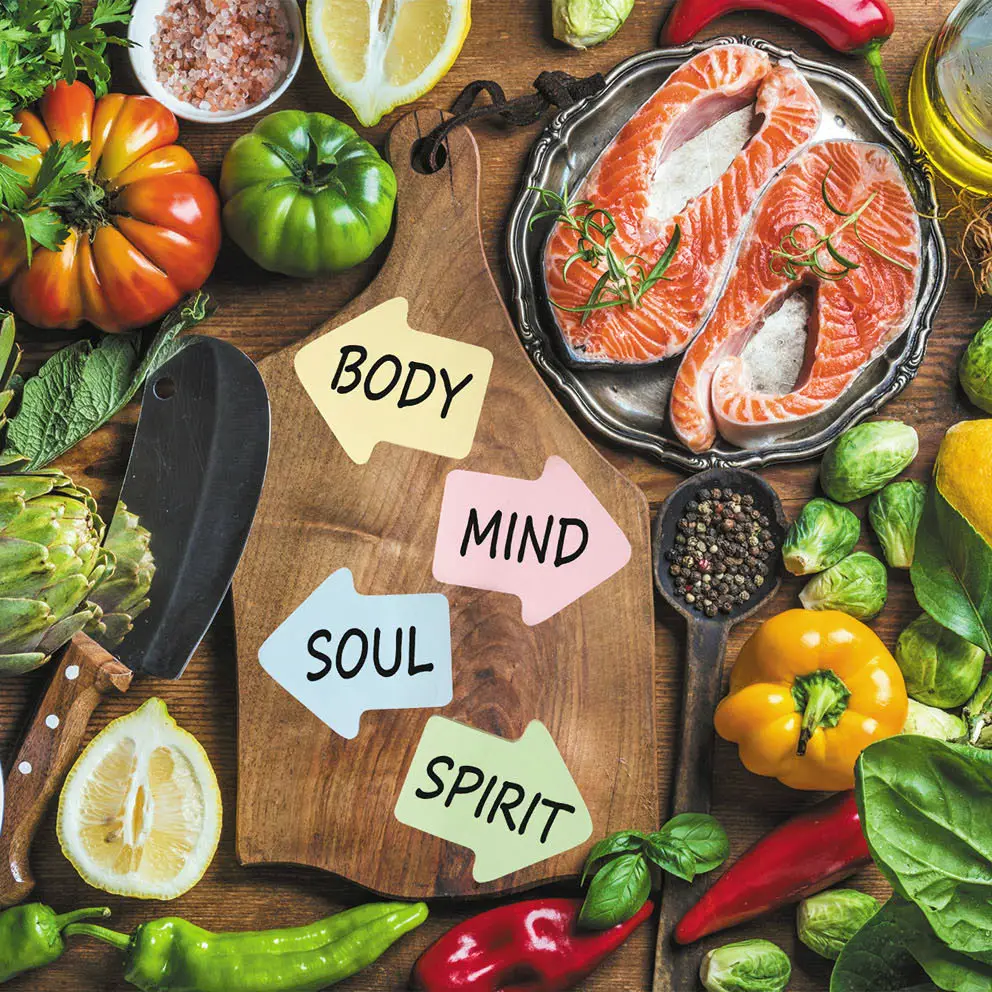
Key Takeaways
- Healthy eating is paramount for athletes to perform at their best.
- Benefits of healthy eating include improved energy levels, enhanced recovery, and increased endurance.
- Athletes should focus on consuming macronutrients, vitamins, minerals, and staying properly hydrated.
- Supplements can be considered under professional guidance.
- Meal prepping and planning help athletes stay consistent with their diet.
- Athletes face challenges such as travel and limited food options, but practical solutions can be implemented.
Frequently Asked Questions (FAQ)
Q: How important is healthy eating for athletes?
A: Healthy eating is vital for athletes as it directly impacts their performance, energy levels, and overall well-being.
Q: Are dietary supplements necessary for athletes?
A: Dietary supplements are not always necessary, but they can be considered under the guidance of professionals to fulfill specific nutritional requirements.
Q: Can athletes consume cheat meals occasionally?
A: While moderation is key, it's generally recommended for athletes to maintain a consistent, healthy eating routine to optimize their performance consistently.
Q: How can athletes overcome food-related challenges while traveling?
A: Planning ahead, researching food options, and packing nutritious snacks can help athletes overcome food-related challenges when traveling.
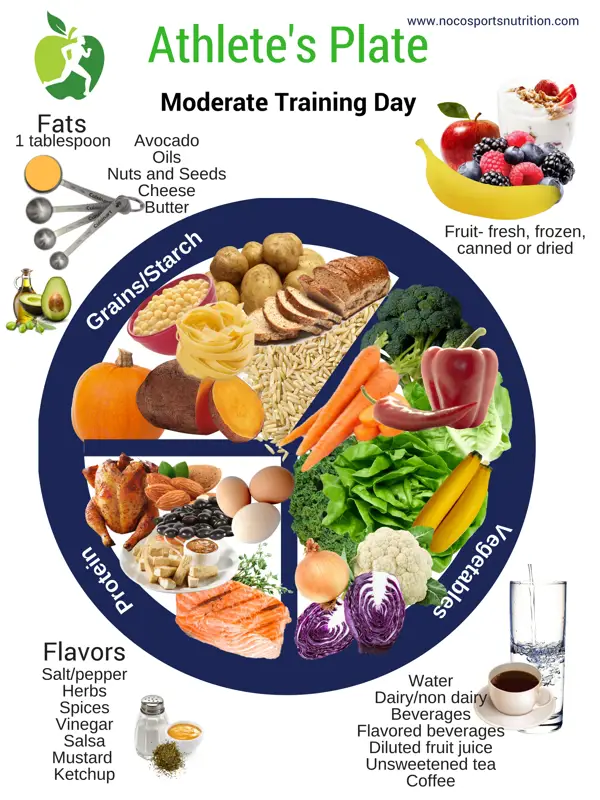


Recent Comments